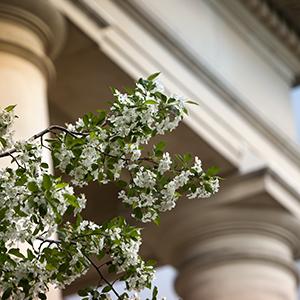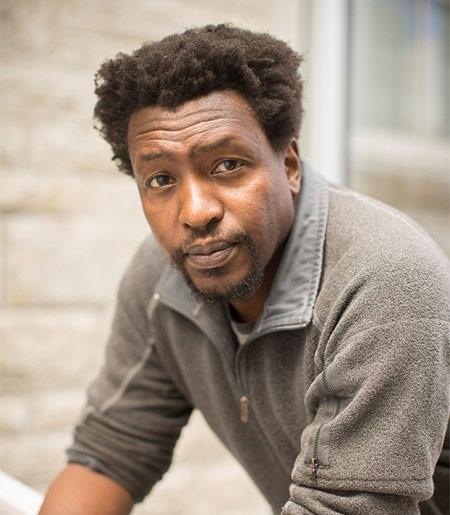Alumna honored with BBC award
Christine “Xine” Yao, M.A. '13, Ph.D. '16, was named one of the 2020 BBC Radio 3/AHRC New Generation Thinkers. The program, now in its 10th year, affords early career academics a platform to share their ideas via BBC Radio 3 and other outlets. “It is an amazing opportunity to work with the BBC to share my expertise and hopefully provoke different ways of understanding the world,” Yao said.

